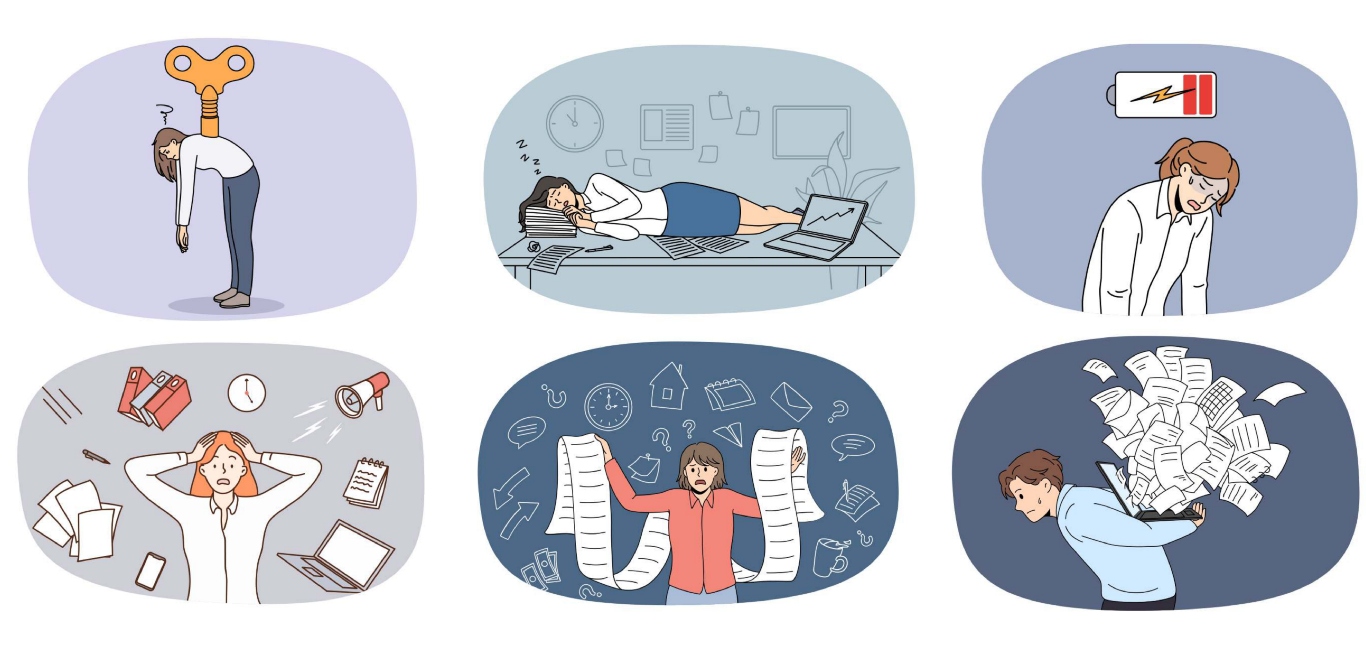
Most routines or methods suggested by experts involve nipping the cause in the bud. The triggers could range from changing jobs, moving to a different location, to a strained relationship.
Devise a self-care routine
An April 2021 study showed how self-care methods can lower morbidity, mortality, and healthcare costs. The first step towards self-care would be to devise a plan according to one’s likes and needs.
“Ask yourself what brings you immense joy or what you are comfortable engaging in. It could be running, painting, hitting the gym, or just sitting in the balcony early morning,” says Dr Sheetal D Bidri, who practises at Happy Healing homeopathic clinic in Bengaluru.
Some aspects of self-care include making a conscious effort to sleep on time, aiming to eat healthy, taking a few days off work at office or home, and going on a vacation; or getting some exercise before or after work and chores.
“I decided to cut my sugar [consumption] and night-time snacking as part of self-care, and that habit helped me to deal with my anxiety,” says Bengaluru-based Anees Rahman. The 35-year-old Amazon employee says he has noticed a change.
Regular exercise
People who exercise also tend to feel more energetic throughout the day, sleep better, and feel more positive and relaxed than those who do not exercise regularly. A study of January 2017 showed that higher physical activity lowers mental fatigue, regardless of age or gender.
“I realised that during the pandemic-related lockdown, regular virtual workouts gave me a boost of positivity, and also improved my insomnia to a great extent,” says Vidhyashri S Rao, marketing manager at Hotel Chancery Pavilion, Bengaluru.
Regular aerobics and resistance training have been shown to treat fibromyalgia, a condition where the body goes through intense musculoskeletal pain, along with mood swings, sleep, and memory issues.
Eating right
The macro and micronutrients that are put into our body have a direct effect on our mental health. “Foods good for gut health increase the number of good bacteria in our intestines, which are necessary for the optimal functioning of our bodies,” says Dr Nirmala Devi, general physician at Jayagopal clinic in Bengaluru.
An August 2020 study also showed that gut microbes release a neurotransmitter called gamma-aminobutyric acid or GABA, which helps to control fear, anxiety, and symptoms of depression.
Getting back into the circadian rhythm
A common cause of brain fog is a lack of sleep. If some people are unable to feel refreshed after sleep, they may need to reset their circadian rhythm or biological clock. Circadian rhythm can be described as our mental, physical and behavioural patterns during a 24-hour cycle.
Anxiety due to mental exhaustion may cause disturbing dreams, and frequently disrupt sleep. One can reset the circadian rhythm by going to sleep and waking up at a fixed time every day.
“Mood disorders, often caused due to long-term mental health issues, are related to disrupted circadian rhythm-controlled responses. This is also responsible for secretion of cortisol [called the stress hormone]. Disruptions can occur due to jet lag, frequent change of shifts at work, or exposure to artificial lights at night,” says Dr Gururaj G P, professor of psychiatry at East Point College of Medical Sciences and Research Centre, Bengaluru.
Lastly, it is important to know that long-term mental exhaustion can lead to burnout, leaving the individual feeling hopeless and unable to take any action. Long-term fatigue can reduce reaction times and lessen cognitive functions, making it risky for individuals involved in jobs with high physical activity.
Professional therapists can immensely help in combatting mental exhaustion. A therapist can also identify its causes and triggers, explore treatment options, and most importantly, suggest ways to cope with stress and resume individual responsibilities.

















